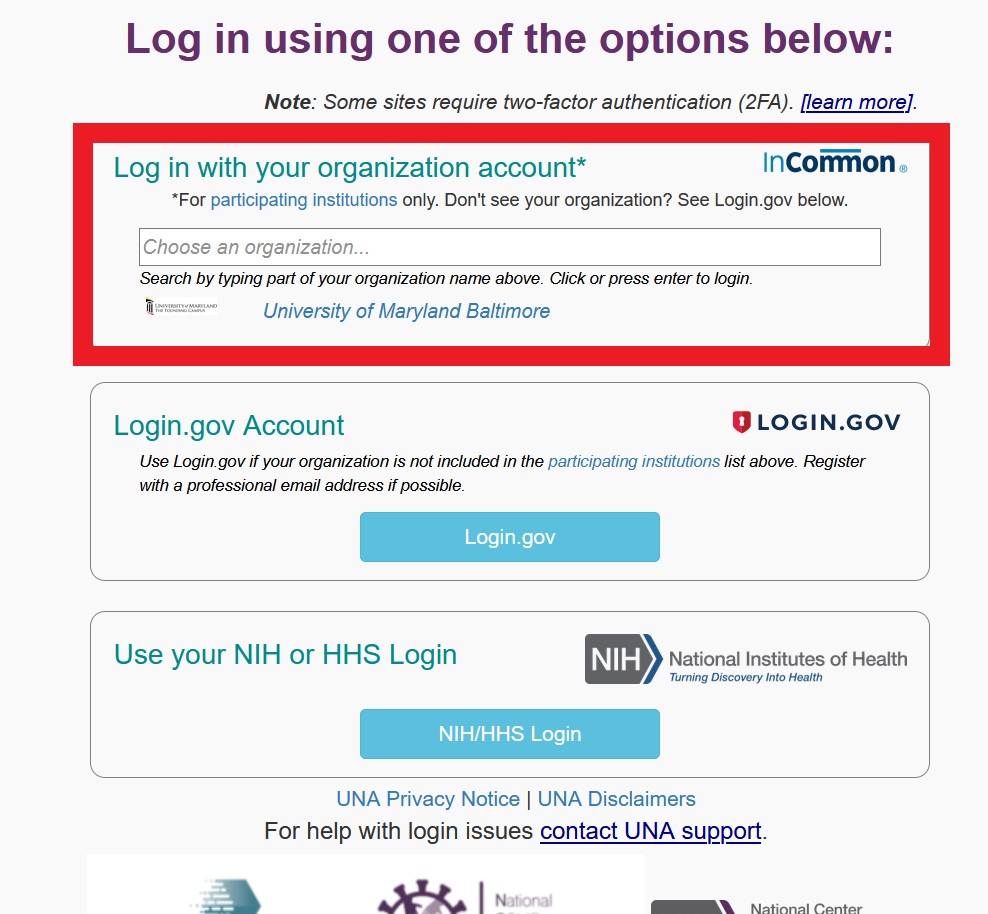The Center for Data and Bioinformation Services (CDABS) is the University of Maryland Health Sciences and Human Services Library hub for data and bioinformation learning, services, resources, and communication.
CDABS is excited to announce that UMB has recently signed a Data Use Agreement with NCATS N3C Data Enclave, making this rich source of COVID clinical data from across the country available to UMB researchers.
What is N3C?
The National COVID Cohort Collaborative (N3C) Data Enclave was launched by the National Center for Advancing Translational Sciences (NCATS) and the National Center for Data to Health (CD2H), in partnership with experts from Observational Health Data Sciences and Informatics (OHDSI), PCORnet, the Accrual to Clinical Trials (ACT) network, and TriNetX. The N3C aims to aggregate, harmonize, and make accessible vast amounts of clinical data nationwide to accelerate COVID-19 research and clinical care. With the uncertainty of the COVID-19 global pandemic, the scientific community and the Clinical and Translational Science Awards (CTSA) Program created the N3C as a partnership to overcome technical, regulatory, policy, and governance barriers to harmonizing and sharing individual-level clinical data.
What can I do with N3C data?
The N3C Data Enclave supports collaborative analytics across a broad range of clinical and translational domains, such as acute kidney injury, diabetes, pregnancy, cancer, immunosuppression, social determinants of health, and many other conditions to target treatment mechanism, drug discovery, and best care practices for COVID-19. The N3C Data Enclave opened on September 2, 2020 and now has over 5 billion rows of data on more than 4 million patient records, including over 1 million COVID positive patients.
There are three tiers of data available with different restrictions and requirements for access. From most to least restricted these are: Limited, De-identified, and Synthetic. Check out the N3C data governance page for more details on these tiers. In order to maintain adequate security, row-level data must remain in the enclave, but many tools are provided to researchers for working with the data from within the platform.
To see what others are doing with N3C data, visit the projects page.
How do I get access?
-
- Register for and gain access to the N3C Data Enclave here.

- Choose the InCommon option on the login screen to log in with your UMB credentials.
- Register for and gain access to the N3C Data Enclave here.
Account creation may take a few days. You will also need to complete the NIH Information Security and Information Management Training course and, if you wish to access the limited or de-identified datasets, submit evidence of having completed a Human Subjects Research Protection training course.
Once you obtain access to the Enclave, you will need to submit a Data Use Request for each specific project you intend to do. If you would like to use the limited dataset, you will need to submit a copy of your IRB determination letter as well. For more details on requirements, please see the onboarding checklist.
Where can I get more information?
Visit the tutorials page for basics on using the N3C platform. There are additional training modules available within the Enclave. And of course, do not hesitate to reach out to your friendly, neighborhood CDABS team with any questions!
Questions? Contact: Amy Yarnell, Data Services Librarian and Jean-Paul Courneya, Bioinformationist – at data@hshsl.umaryland.edu.
To read more of our content and stay informed please visit our communications page and use the form to subscribe: https://www2.hshsl.umaryland.edu/cdabs/communications


